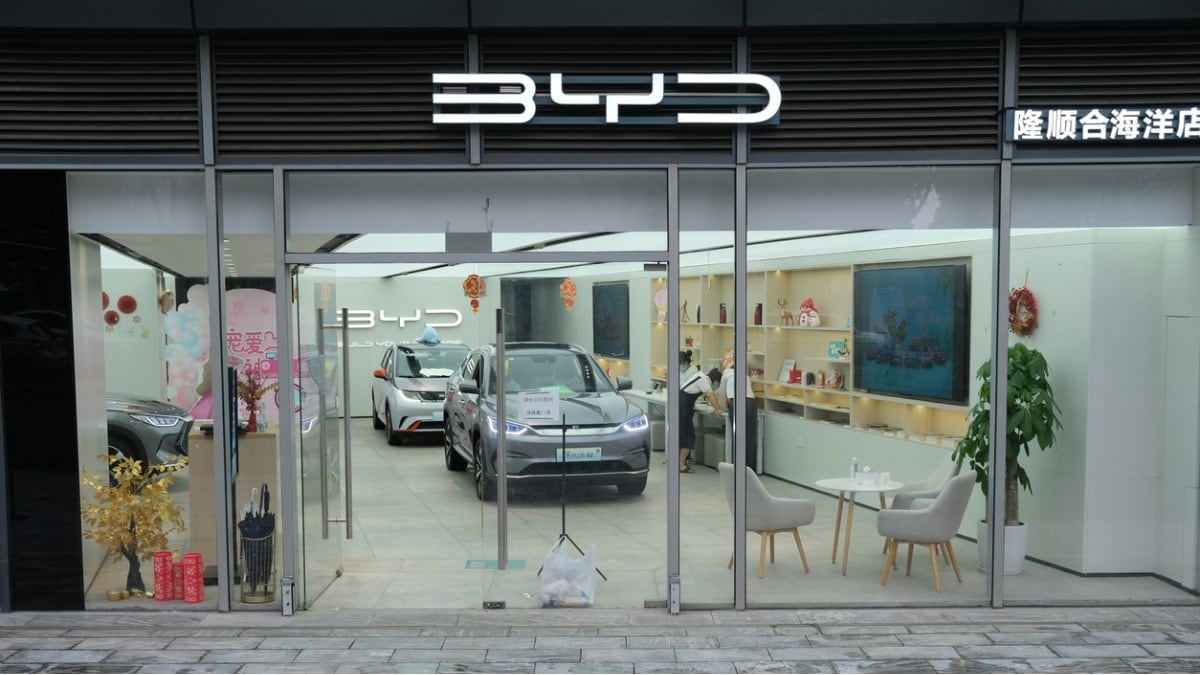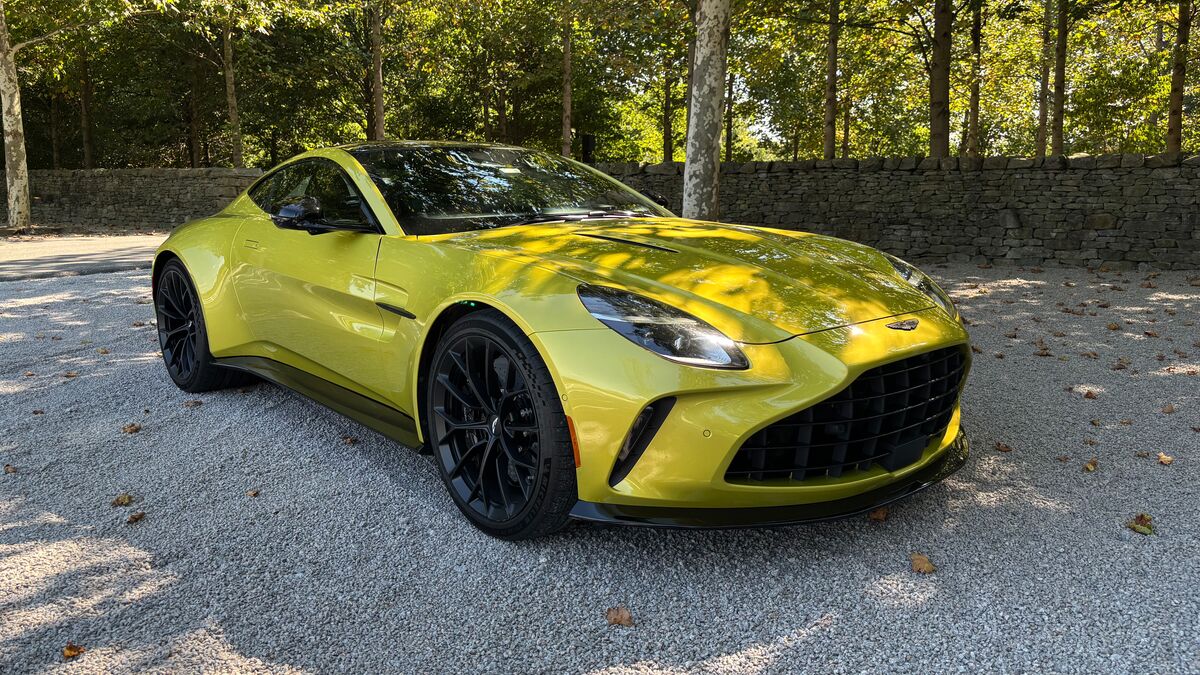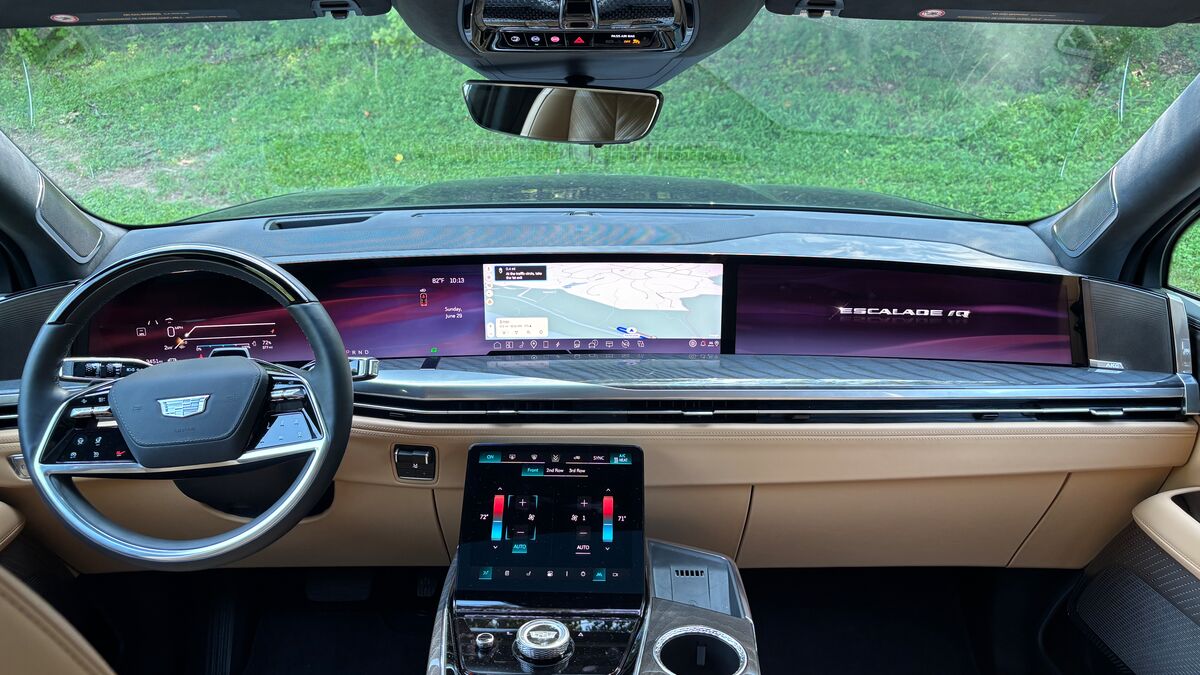Chinese automakers have something smaller than a beachhead in America. Yet auto industry veterans, policymakers, and journalists (hey) keep talking about them as a major factor in the future of the automotive industry. Why?
The New York Times today explores that question with a deep-dive analysis on how Chinese automakers can reshape a country’s auto industry quickly. The story focuses on Thailand but holds lessons for America.
It Happens Fast
Thailand has little domestic auto industry. But, the Times explains, the country has long been considered a “stronghold” of the Japanese auto industry. That is changing fast.
“Last year, sales of popular Japanese brands such as Nissan, Mazda and Mitsubishi plummeted as consumers bought new electric cars from Chinese manufacturers instead. Dealers that had worked with Japanese and American automakers for decades were now turning over showrooms to make way for Chinese vehicles,” the Times notes.
A Chinese company can make up ground quickly. Electric vehicle builder GAC Aion sent a small team of executives to the country a year ago to explore the market. They devised a business strategy, recruited dealers, and sold their first car in just 74 days, according to the Times. By the end of its first year, the company had 41 dealerships.
Prominent dealership groups are moving quickly. “V Group Cars, a dealer network with 44 showrooms, said a majority of its locations sold only Chinese brands. The dealer network stopped working with Suzuki. It converted Mazda, Mitsubishi, and Ford Motor showrooms into sales locations for Aion, Neta, Chery’s Omoda and Jaecoo brands, and Zeekr,” the Times reports.
They Win On Cost…
Chinese automakers can sell their cars for lower prices than most competitors.
This is particularly true with electric cars. “In 2021, Thailand said it wanted electric vehicles [EVs] to account for 30 percent of its automobile production by the end of the decade,” the Times explains.
“After years of government support for the sector, Chinese manufacturers are adept at mass-producing electric vehicles. They have established dependable supply chains, while working out the kinks to reduce prices,” the Times says.
The Japanese brands that had dominated the Thai market have been slow to embrace electric cars. V Group Vice President Pananya Jira-alongkorn told the Times the company switched some Mazda showrooms to Chinese brands specifically because Mazda had no EVs to offer.
…But Also On Quality
Chinese automakers have also built cars of better quality in recent years. The BYD Seal, a Tesla Model 3 competitor, narrowly missed earning the 2024 World Car of The Year Award. Chinese automaker BYD put two cars into the finals for the award.
Pratarnwong Phornprapha is the CEO of Rever, which distributes cars for automakers. He says the quality of Chinese cars has improved dramatically in recent years.
“I’d be lying if I said it wasn’t a hurdle when we started,” he told the Times. “Chinese products, ten years ago, aren’t what we see today.”
The American Government Is Trying To Fight It
Chinese automakers have a small foothold in the U.S.
Several automakers serving the American market have deep relationships with China. Volvo, for instance, is owned by Chinese automaker Geely. Ford imports its Lincoln Nautilus SUV from Hangzhou. Other vehicles built in China for sale in the U.S. include the Buick Envision and Polestar 2.
But no Chinese automaker sells cars in the U.S. yet.
Chinese companies have grown dominant in Mexico, where Chinese cars outsold American-made cars last year. Several have built factories there. Policymakers worry they could import cars to the U.S. from there.
The White House has responded with new tariffs on Chinese-built cars. They could double the price of any cars imported from China. That move has already forced Volvo to change plans to produce its EX30 model in China for the U.S. market.
The White House is also writing new security rules to keep Chinese-derived software out of cars sold in America.
Tax Incentives Are Also Part of a Combat Plan
But the most significant move to keep Chinese cars out of America might be the $7,500 federal EV tax incentive.
The portion of 2022’s Inflation Reduction Act that controls the tax credits was written to help develop new supply chains for critical battery minerals that, today, often come from China. It includes two sets of requirements that grow stricter every year.
That could both help American automakers sell more EVs and squeeze Chinese parts out of the U.S. market.
China’s government has helped support its auto industry for years. That’s harder to do in America, where the tax credits have become a political issue in the 2024 election.
Surveys show that many Americans are already familiar with Chinese brands they can’t buy. If those vehicles arrived in U.S. dealerships at prices cheaper than any American company could match, they might gain popularity fast.
Like they have in Thailand.








